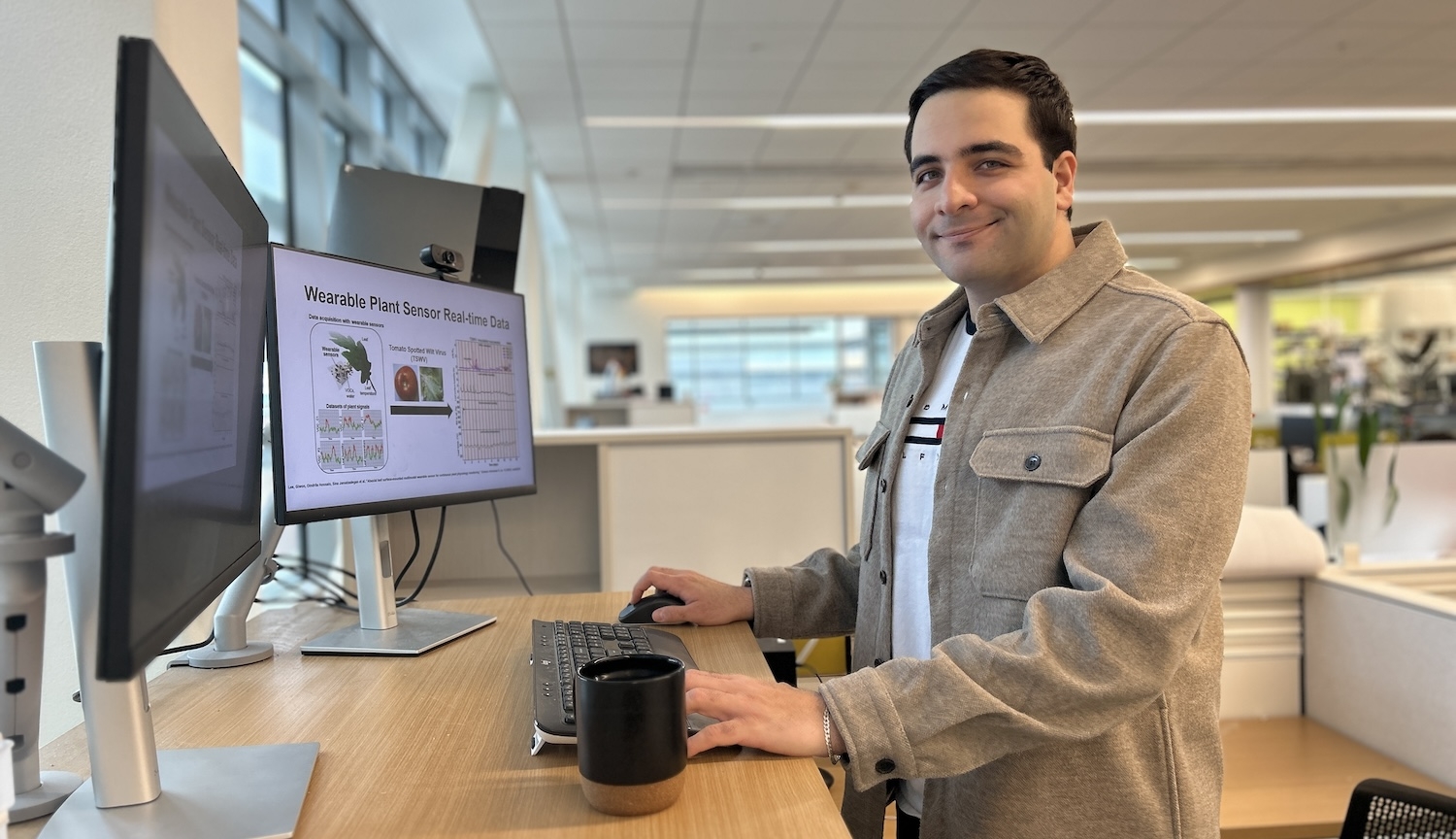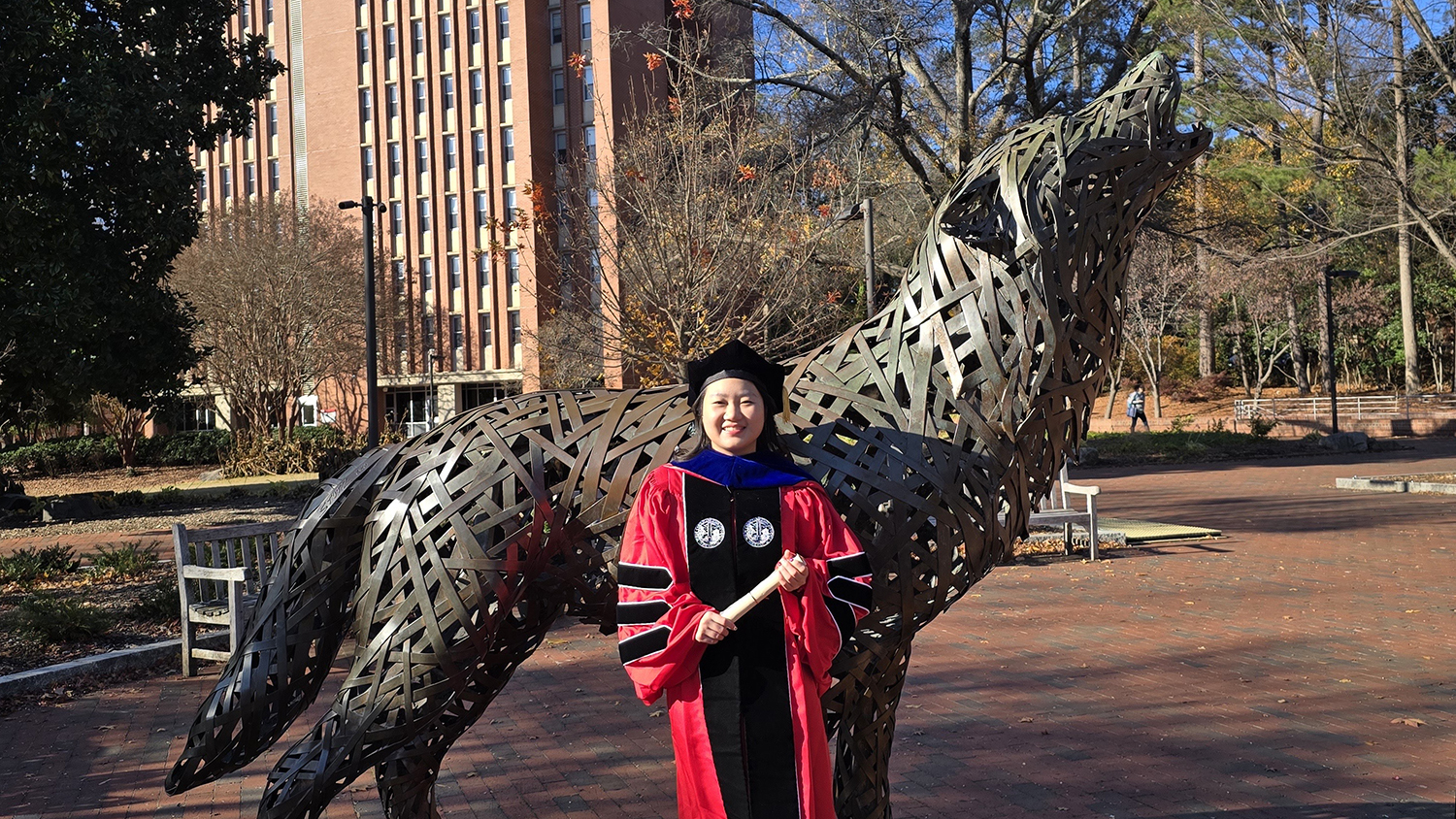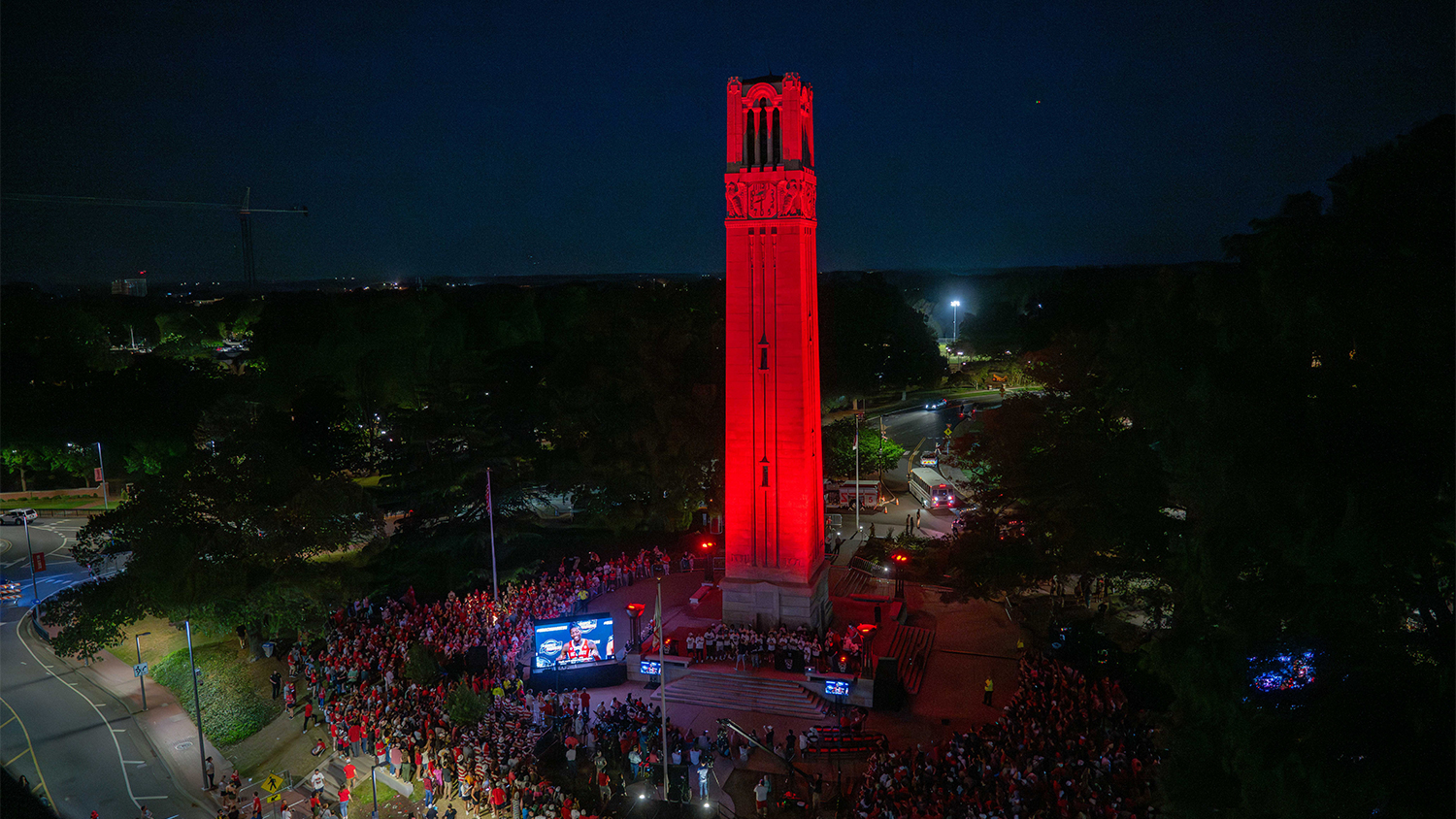Grand Challenge Scholars Program helps NC State students engineer solutions

Kyle Cutler has always been interested in medical technology’s potential to improve human life. Making medical treatment more effective, he believes, will be an important challenge facing the engineers of tomorrow.
Through his work with Grand Challenge Scholars Program at NC State, Cutler wants to “contribute in my own small way to meeting a grand challenge.”
This fall, Cutler and two other NC State engineering students, Heidi Klumpe and William Stoy, became NC State’s first participants in the scholarship program, which is designed to prepare students to meet the National Academy of Engineering’s 14 Grand Challenges for the 21st century. Examples include making solar energy affordable, making clean water available to everyone, and engineering better medicines, the challenge the students are addressing.
Cutler, a junior in biomedical engineering, will study the effects of cyclical hypoxia, a condition in which part of the body is deprived of adequate oxygen, on cancer cell metastasis. He wants to culture cancer cells inside a microfluidic device, expose them to cyclical hypoxic conditions, and test the potential of the cells to metastasize by using a microfluidic invasion assay.
Klumpe, a junior in chemical engineering, is studying the effects of small molecule signaling on human adipose-derived driven stem cells. Understanding which signals the cells respond to, and how cell differentiation and proliferation are affected, are key to developing viable stem cell therapy for a wide range of diseases.
Stoy, a junior in biomedical engineering, is working to advance medical diagnostic technology. He wants to create a low-cost diagnostic tool for malaria screening in the developing world.
The students will work on their projects for the next two years, and they’ll get the chance to network at conferences with other Grand Challenge Scholars from across the nation.
“I wanted to be well-rounded as an engineer, which the program encourages through interdisciplinary study, global experience, and learning through service,” Cutler said.
That fits with what the NAE wants to see in future engineers, who will “have to shape public policy, transfer technical innovation to the marketplace and be familiar with the social sciences and the humanities,” the organization says.
“Participating in the Grand Challenge Scholars program is truly an experience that will differentiate these students and help them begin solving these complex challenges that face our nation and the world,” said Brian Koehler, who sits on the program’s oversight committee in the College of Engineering.
Dr. David Parish, assistant dean for academic affairs in the College and the program’s director, offers advice for students interested in applying to the program: Find a particular grand challenge program that interests you; explore more research opportunities; take specific humanities and social science classes that benefit you; start to network with faculty members to find future mentors; and do well academically.
“I think the opportunity to propose, design, create and evaluate a device will give me a lot of experience that I will take with me as I work on future projects,“ Stoy said.
- Categories:


